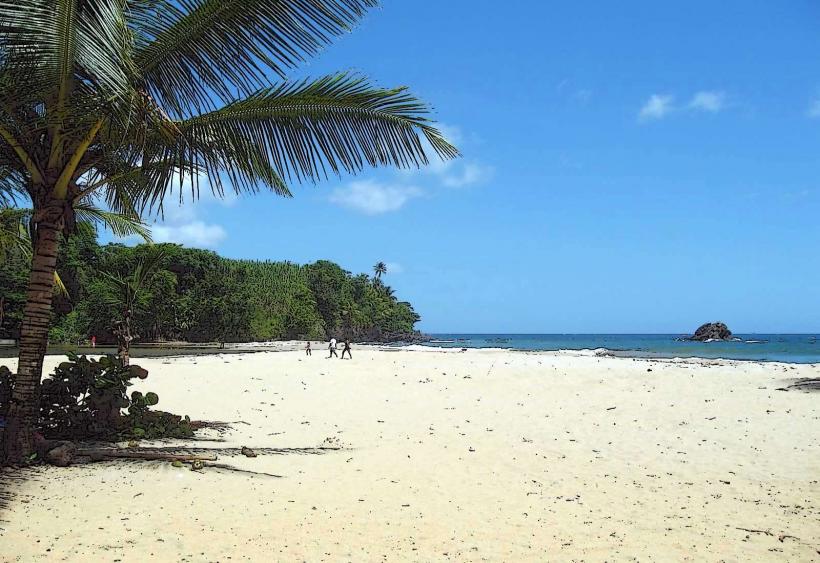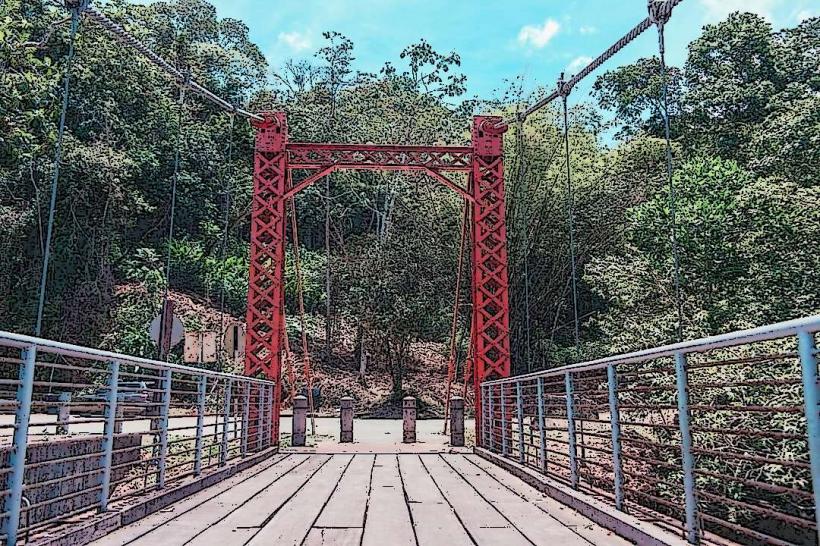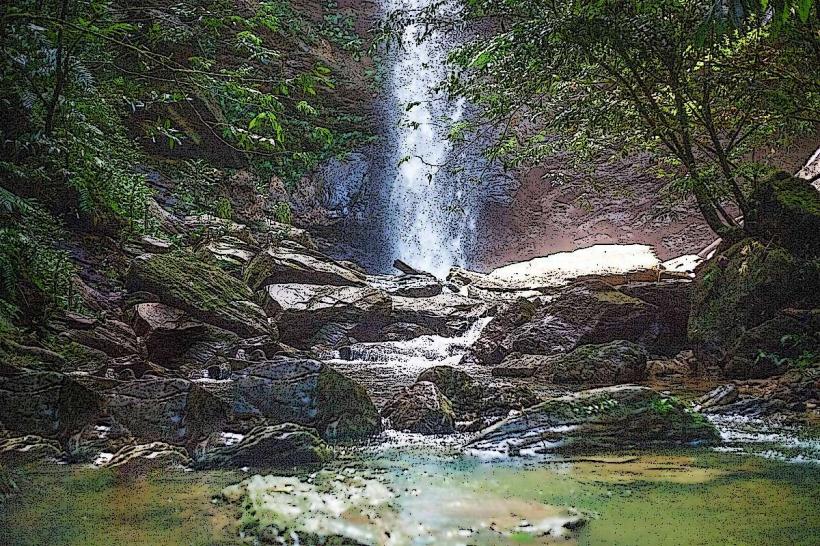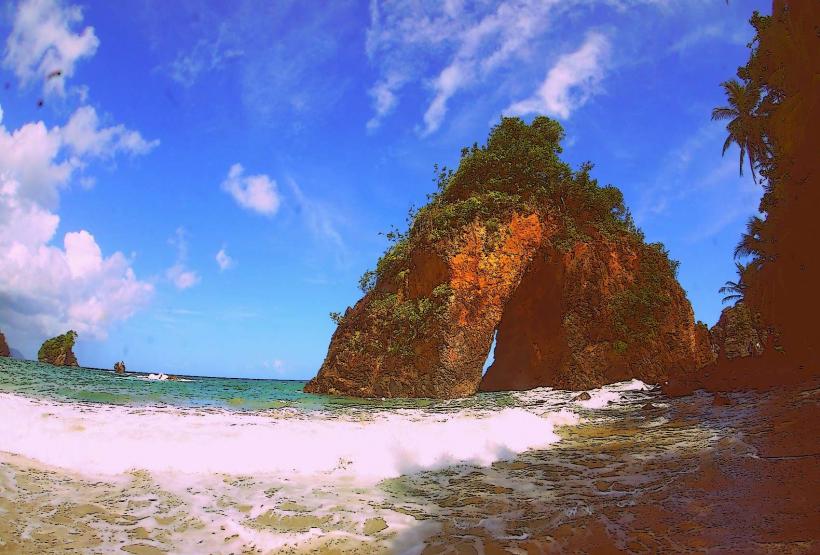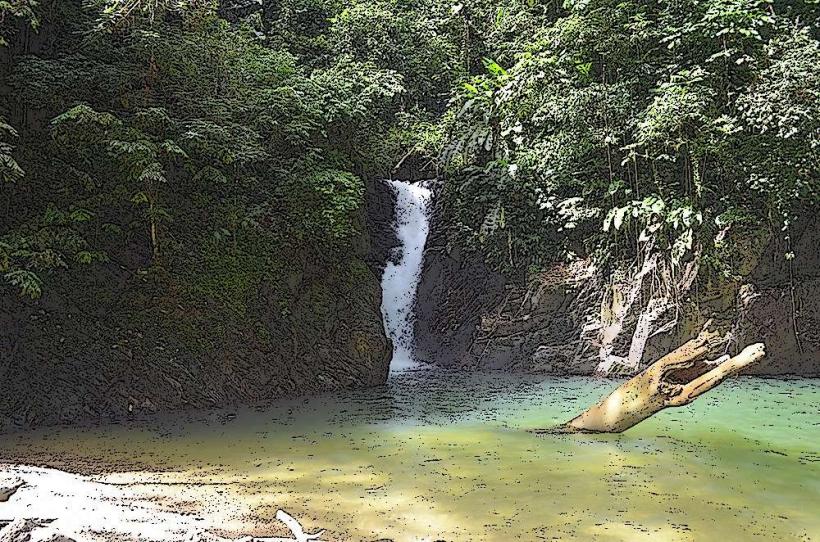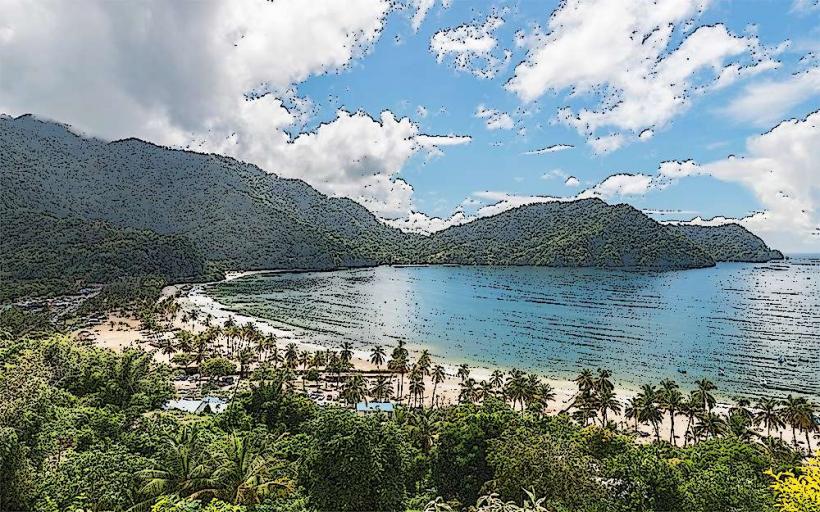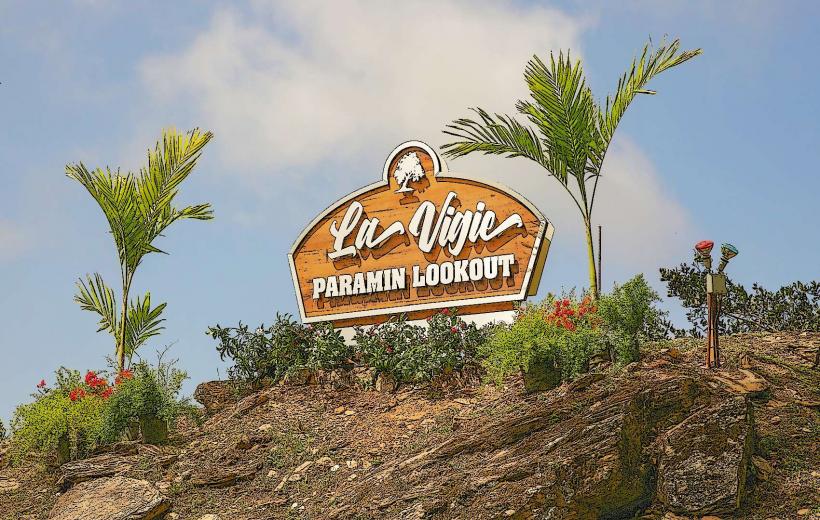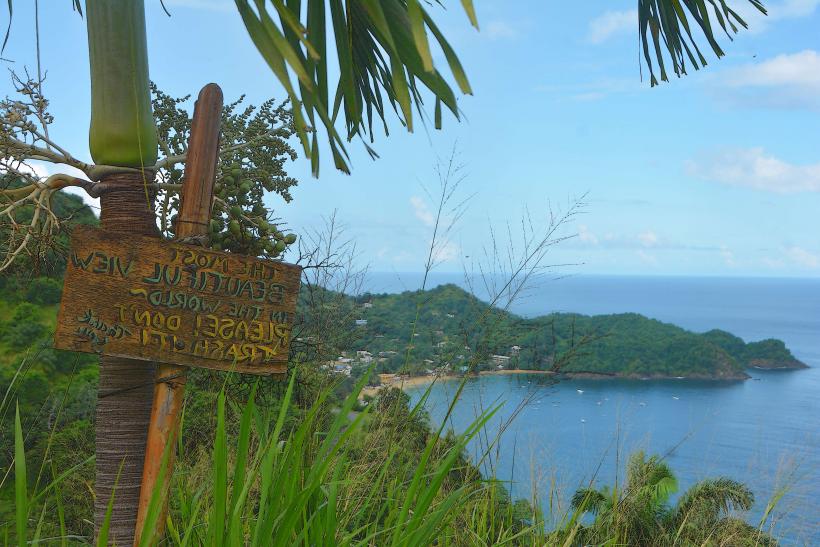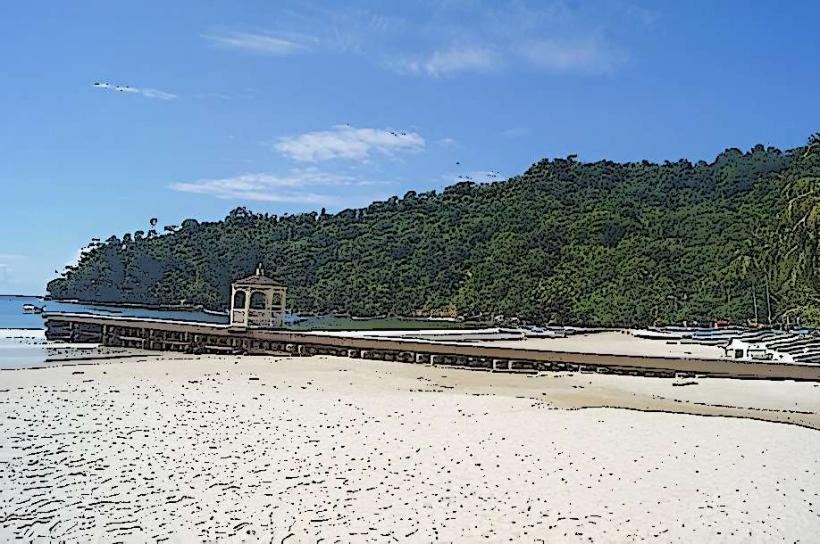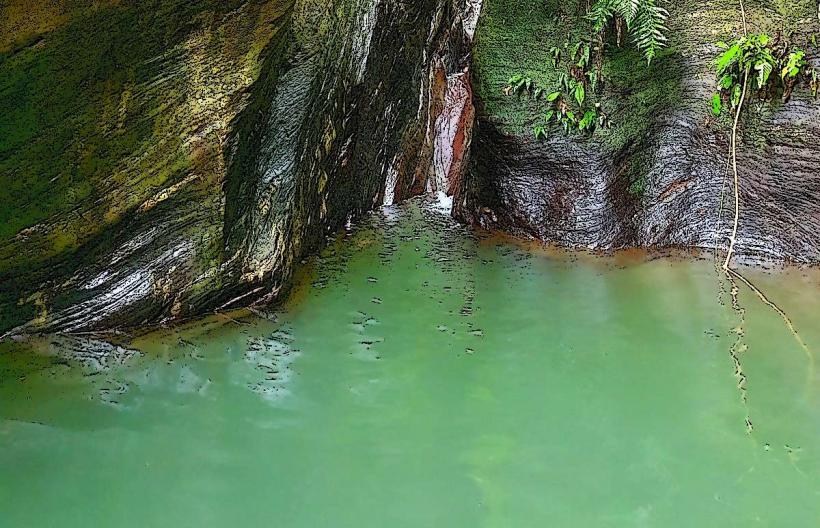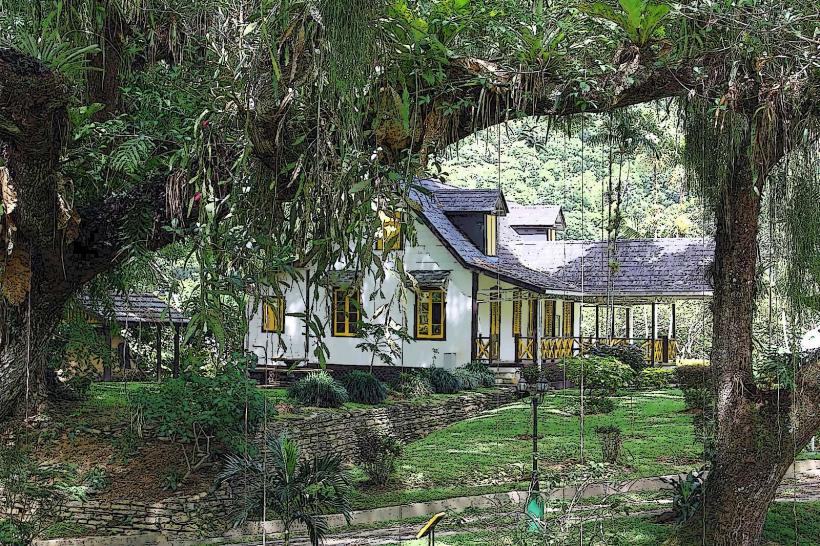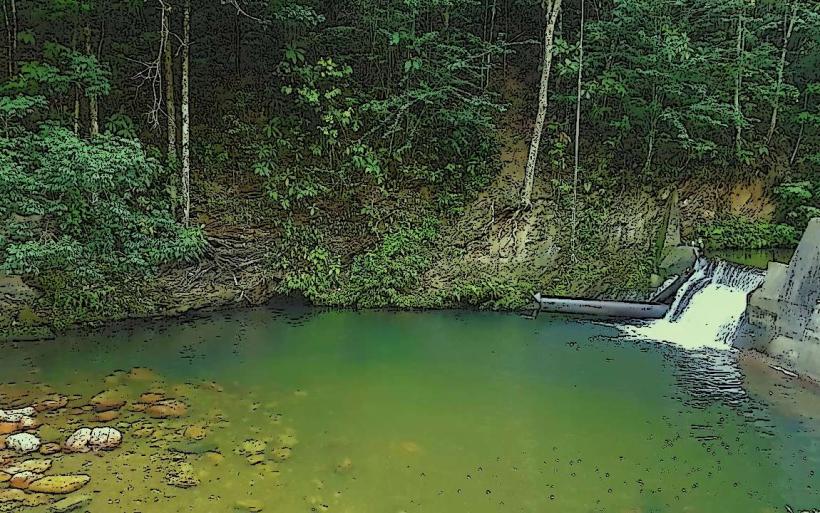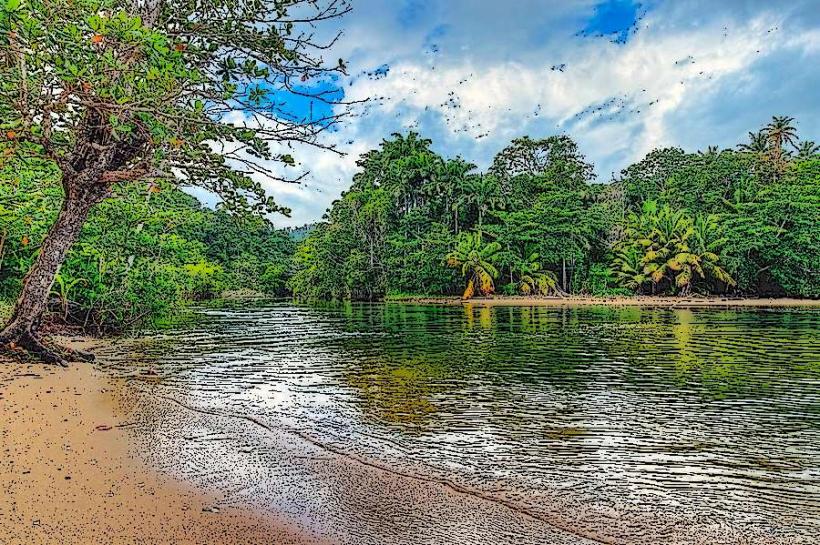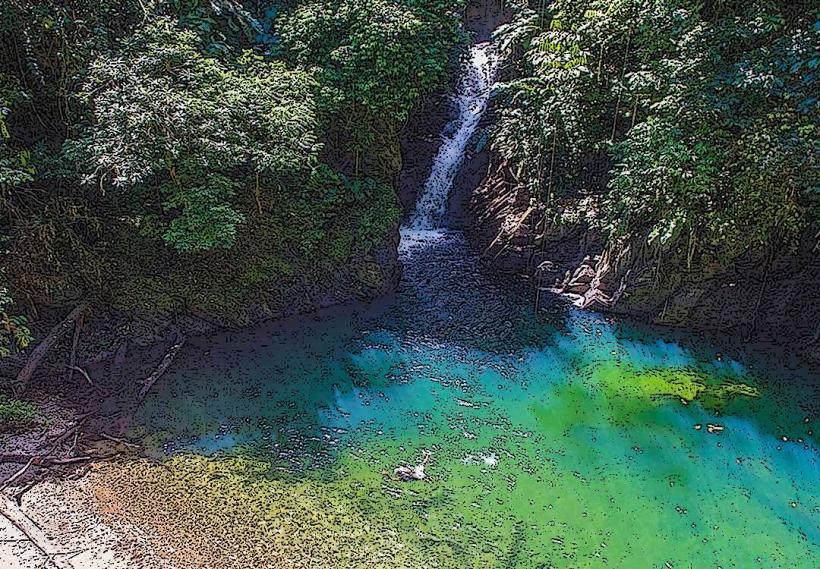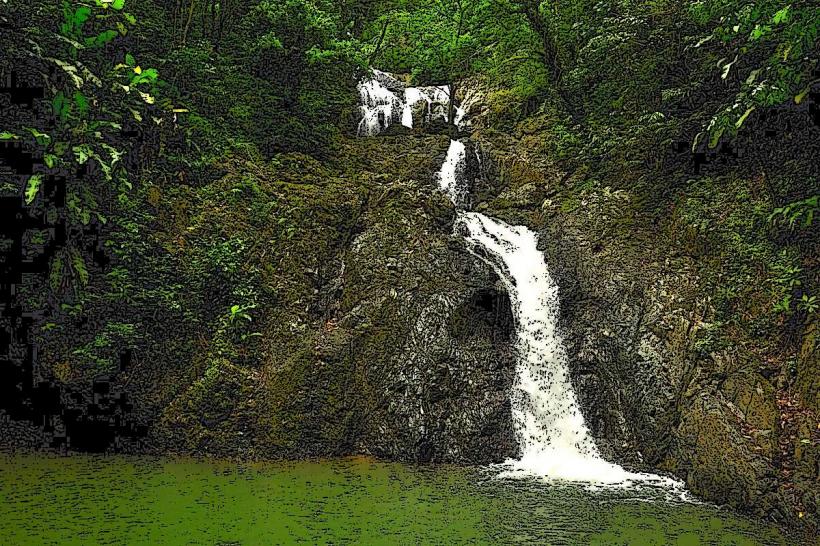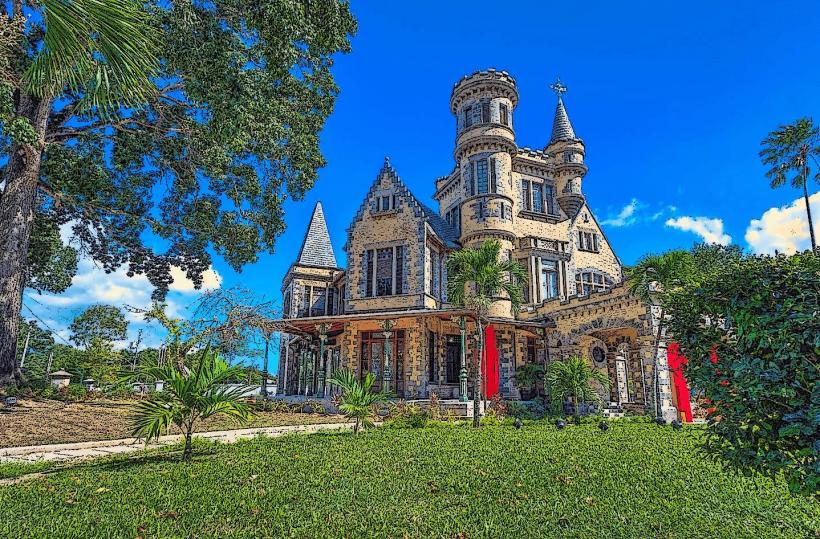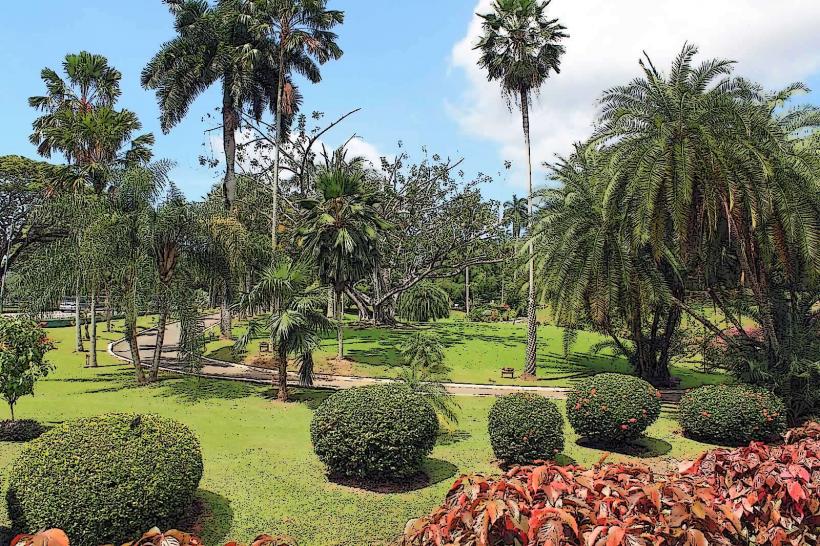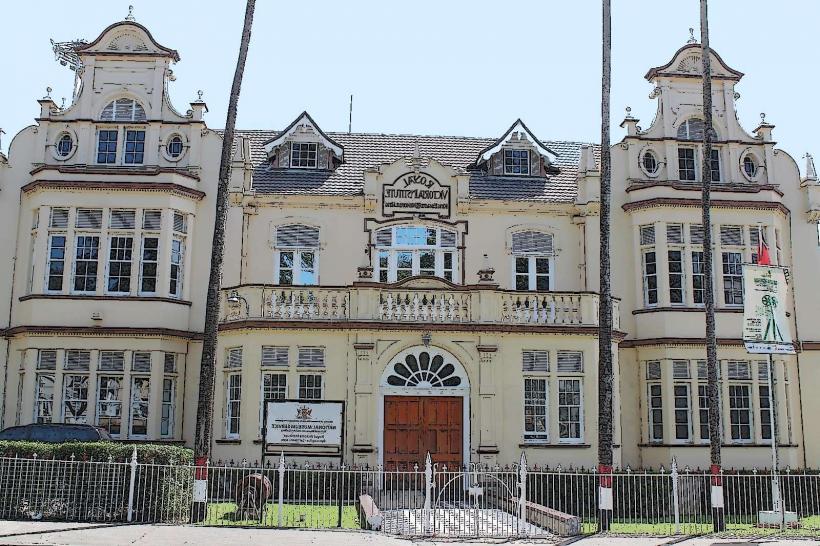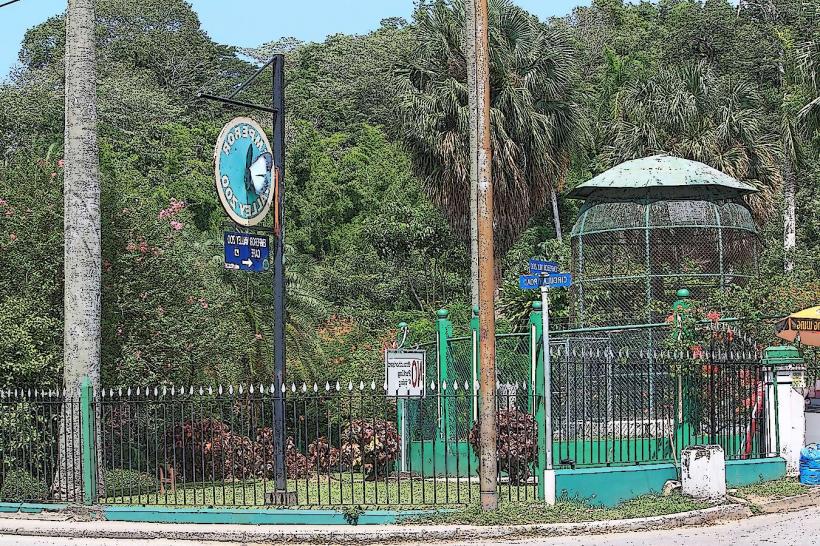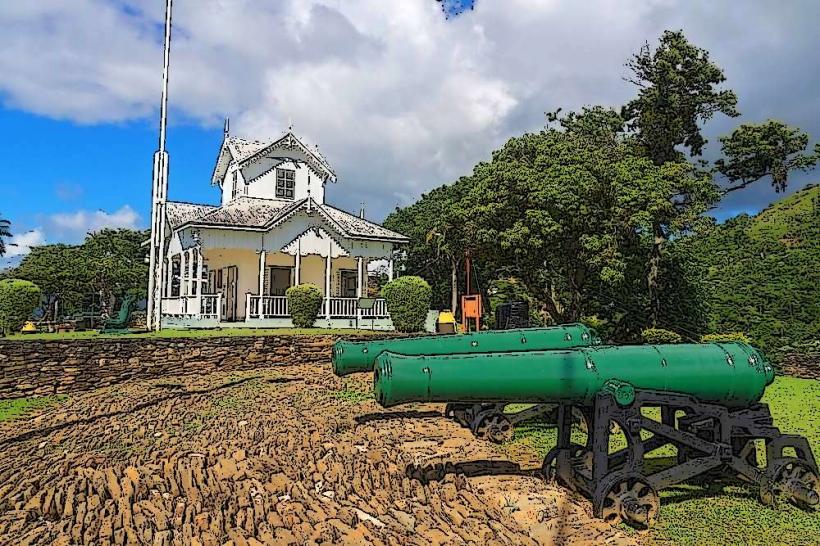Information
City: Port of SpainCountry: Trinidad and Tobago
Continent: North America
Port of Spain, Trinidad and Tobago, North America
Port of Spain serves as the political, financial, and cultural capital of the Republic of Trinidad and Tobago. It is a major Caribbean financial hub, situated on the Gulf of Paria at the foot of the Northern Range.
Historical Timeline
Founded by the Spanish in the 16th century as Puerto de los Españoles, the site was originally an Amerindian fishing village called Cumucurapo. It replaced St. Joseph as the capital in 1757. The 1783 Cedula of Population invited French Catholics to settle, leading to a rapid population increase. The British captured the island in 1797. A massive fire in 1808 destroyed much of the town, which was subsequently rebuilt with an organized grid and expanded public squares. From 1958 to 1962, it served as the temporary capital of the West Indies Federation.
Demographics & Population
The city proper has a population of approximately 37,000, while the greater metropolitan area exceeds 300,000. The demographic is highly cosmopolitan, consisting primarily of Afro-Trinidadians and Indo-Trinidadians, with significant minorities of Mixed (Dougla), Chinese, Syrian-Lebanese, and European descent. English is the official language, often spoken as a local Creole.
Urban Layout & Key Districts
The city is organized on a coastal grid radiating from the waterfront toward the northern hills.
Downtown: The high-density commercial core centered on Independence Square and Woodford Square.
Woodbrook: A former sugar estate turned vibrant district known for nightlife, dining, and Carnival "Mas camps."
St. Clair: An upscale residential and diplomatic enclave bordering the Savannah.
Belmont & Laventille: Historically significant, high-density residential areas on the eastern hills.
Top City Landmarks
Queen’s Park Savannah: A 260-acre park known as one of the world's largest traffic roundabouts.
The Magnificent Seven: A row of ornate colonial-era mansions (e.g., Stollmeyer’s Castle, Whitehall) along the Savannah.
The Red House: The Gothic-Revival seat of Parliament.
National Academy for the Performing Arts (NAPA): A modern, shell-like architectural landmark.
Fort George: A 19th-century fortification providing panoramic views of the city and the Gulf of Paria.
Transportation Network
Public transit is dominated by Maxi Taxis (color-coded minibuses) and "P-cars" (private cars acting as shared taxis). The Public Transport Service Corporation (PTSC) operates a formal bus network. Port of Spain is the hub for the Water Taxi service to San Fernando and the inter-island ferry to Tobago. Piarco International Airport is located approximately 25 km east.
Safety & "Red Zones"
The city has high crime rates in specific sectors. Avoid Beetham Gardens, Laventille, Sea Lots, and Cocorite (north of Western Main Road). Exercise extreme caution in Downtown Port of Spain east of Charlotte Street and south of Independence Square. Use only registered taxis; avoid walking alone at night. Petty theft is common near the cruise ship docks.
Digital & Financial Infrastructure
Internet infrastructure is robust, with high-speed fiber available in most commercial zones. The city is a regional financial hub and home to the Central Bank of Trinidad and Tobago. ATMs are widespread, though users should prioritize those located inside secure malls or banks to avoid skimming.
Climate & Air Quality
Port of Spain has a tropical monsoon climate with a wet season (June–December) and a dry season (January–May). Temperatures typically range from 22°C to 33°C. Air quality is generally rated as "Good," though Saharan dust haze can affect the region during the dry season.
Culture & Social Norms
The city is the birthplace of Steelpan, Calypso, and Soca. It hosts the world-famous Trinidad Carnival. "Liming" (socializing) is a central cultural activity. A strict dress code is enforced in government and court buildings (no sleeveless tops, shorts, or slippers). Tipping is 10–15%.
Accommodation Zones
St. Clair / Savannah North: Site of high-end international hotels (Hyatt, Hilton, The BRIX).
Woodbrook: Location for boutique guest houses and proximity to the "Avenue" nightlife.
Local Cost Index (TTD)
1 Espresso: 25–45 TTD
1 Standard Lunch (Roti/Doubles): 40–120 TTD
1 Monthly Transport Pass: 500 TTD
Nearby Day Trips
Maracas Bay: A mountain drive to the island’s most popular beach.
Caroni Bird Sanctuary: A wetland tour to see the Scarlet Ibis.
Chaguaramas: An area for hiking, zip-lining, and maritime activities.
Facts & Legends
The Steelpan is the only new acoustic instrument developed in the 20th century, originating in the city's marginalized neighborhoods using discarded oil drums. A local legend identifies the Silk Cotton Tree as the home of spirits, leading to cultural taboos against cutting them down. The city's name originates from the Spanish Puerto de España.

